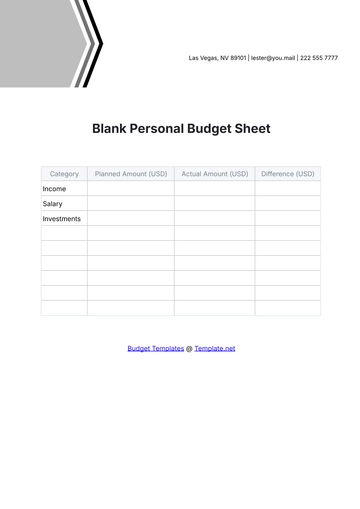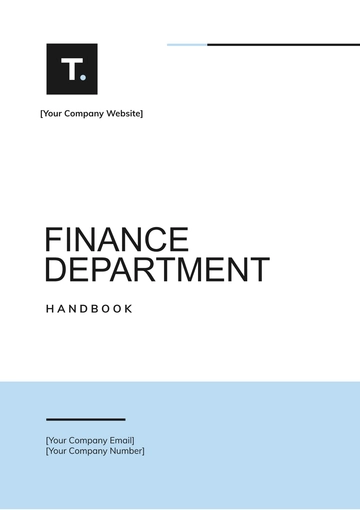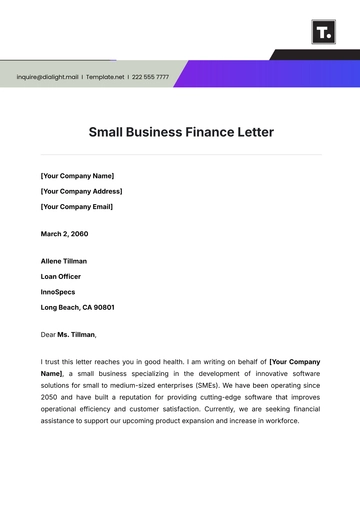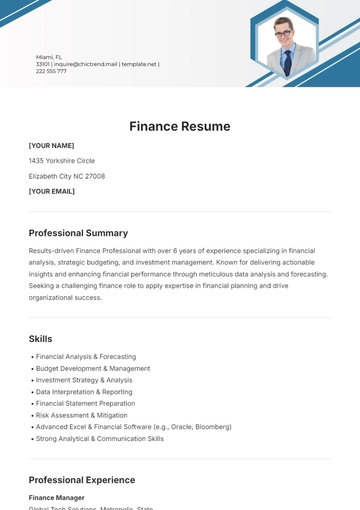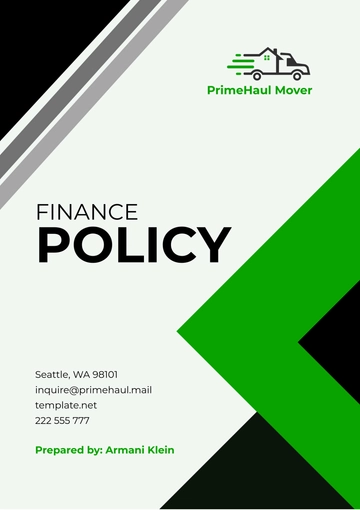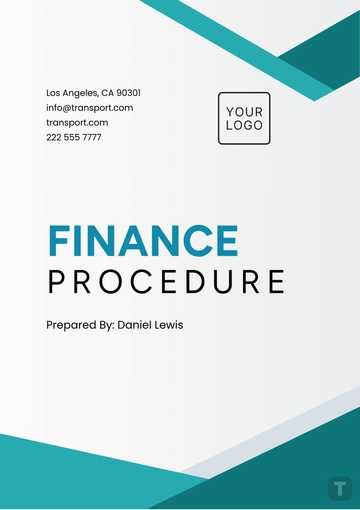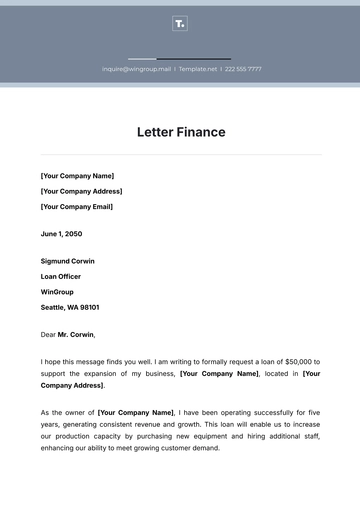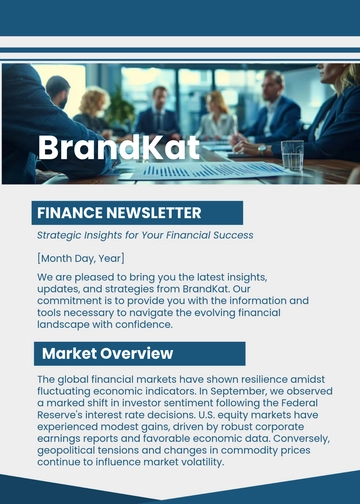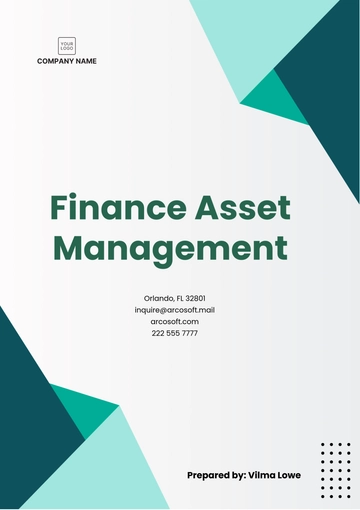Free Extensive Financial Planning Guide
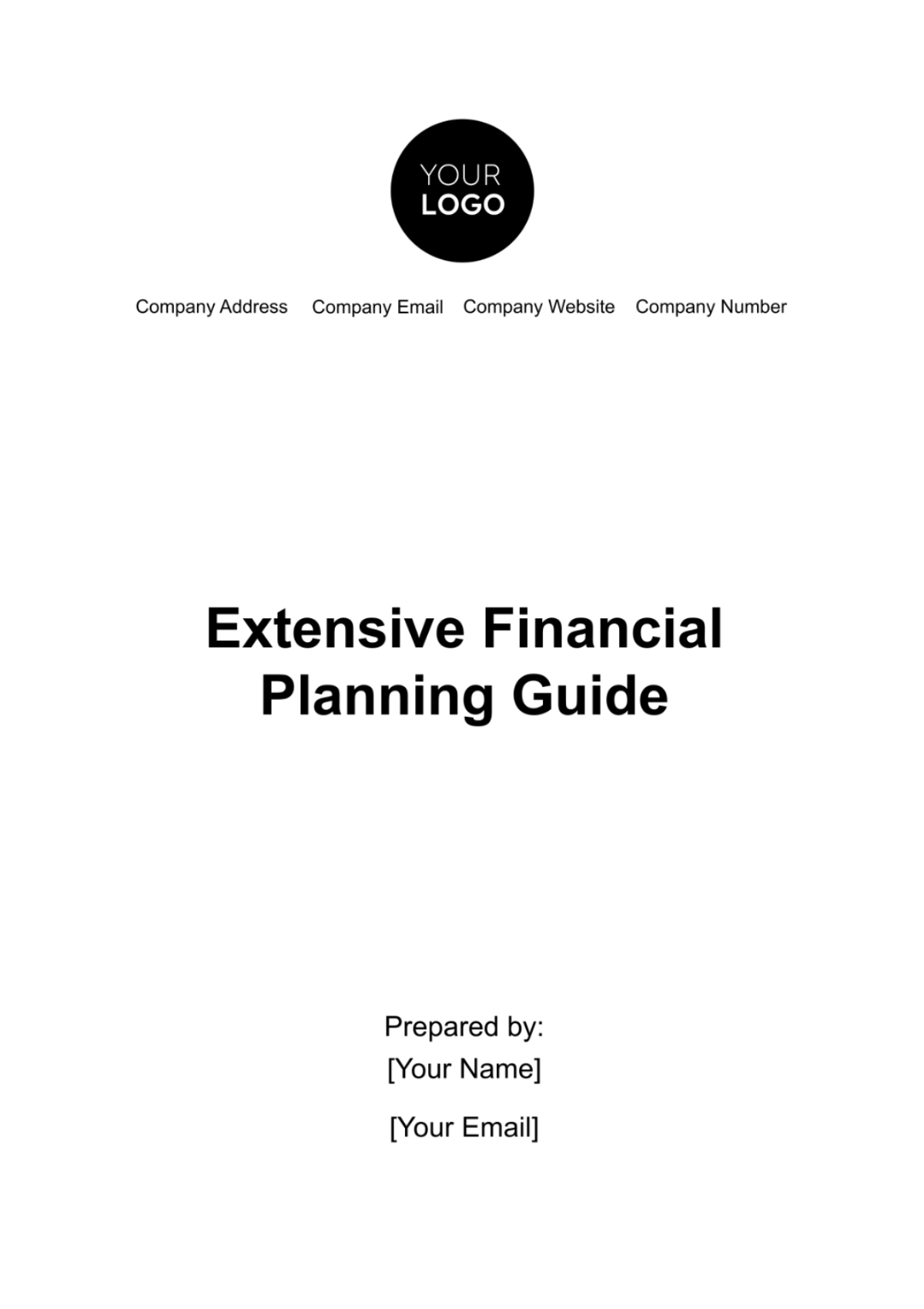
I. Introduction
A. Overview of Financial Planning
Financial planning is a process that involves assessing your current financial situation, setting realistic and achievable goals, and developing a roadmap to help you reach those goals. This guide has been created to empower you with the knowledge and tools needed to make informed financial decisions and achieve financial security.
B. Importance of Financial Planning
A well-crafted financial plan provides a structured approach to managing your finances, ensuring that you make sound decisions that align with your goals. Financial planning helps you navigate life's uncertainties, whether it's planning for A comfortable retirement, funding your children's education, or protecting your loved ones with adequate insurance coverage.
C. How the Guide Will Help
This guide is designed to be a resource covering various aspects of financial planning. From setting financial goals to managing debt, investing wisely, and planning for retirement, each section will provide valuable insights and actionable steps to guide you toward financial success.
II. Setting Financial Goals
A. Short-Term Goals
Short-term goals are the building blocks of your financial journey. These may include building an emergency fund, paying off high-interest debt, or saving for a vacation. By prioritizing these goals, you create a clear path to achieving larger objectives.
B. Long-Term Goals
1. Retirement Planning
Retirement is a significant life event, and planning for it is crucial. We'll explore strategies to estimate your retirement needs, maximize your savings through retirement accounts, and develop a plan to enjoy your golden years comfortably.
2. Education Funding
Whether it's for your children or yourself, education is a key investment. Learn how to save strategically for educational expenses, explore tax-advantaged accounts, and make informed decisions about funding higher education.
3. Homeownership
Owning a home is a common financial goal. This section will guide you through the considerations of buying a home, from saving for a down payment to navigating mortgage options and managing ongoing homeownership costs.
4. Other Aspirations
Beyond the standard goals, we'll discuss how to plan for unique aspirations, such as starting a business, traveling the world, or pursuing a passion project.
III. Assessing Current Financial Situation
A. Income Assessment
1. Sources of Income
Understanding your income sources is fundamental to financial planning. We'll help you analyze your salary, bonuses, investments, and any other sources of income to establish a comprehensive view of your financial inflows.
2. Monthly Budgeting
Creating a detailed monthly budget is the cornerstone of effective financial management. Learn how to categorize and track your expenses, identify areas for potential savings, and allocate funds to meet your financial goals.
B. Expense Analysis
1. Fixed vs. Variable Expenses
It is crucial to understand the distinction between fixed and variable costs to achieve optimal financial management. Fixed expenses, such as mortgage or rent payments, remain constant regardless of your lifestyle changes, whereas variable expenses, like dining out or entertainment, fluctuate based on your activities. By categorizing your monthly expenses into these two distinct types, you can develop a more effective and tailored budgeting strategy, leading to enhanced fiscal discipline and foresight.
2. Identifying Opportunities for Savings
The focus is on identifying and implementing practical and impactful measures. These include skillful negotiation of regular bills and methodical elimination of non-essential expenses. The goal is to uncover and leverage opportunities that significantly boost your savings, thereby fortifying your financial resilience and security.
3. Net Worth Calculation
Understanding and calculating your net worth is an essential aspect of assessing your overall financial health. This section is dedicated to guiding you through a detailed process of evaluating your assets and liabilities. It provides insights into how each component influences your financial standing. By regularly tracking your net worth, you gain valuable perspective on your financial progress and are better equipped to make informed decisions that positively impact your long-term fiscal stability and growth.
IV. Debt Management
A. Overview of Existing Debts
Gain a comprehensive understanding of your current debt situation. We'll help you compile a list of outstanding debts, including credit cards, loans, and mortgages, and analyze their terms and interest rates.
B. Strategies for Debt Repayment
1. Snowball vs. Avalanche Method
The snowball method advocates for paying off debts in ascending order of amount, starting with the smallest and progressing to the largest. This approach aims to create psychological momentum by achieving quick wins. Conversely, the avalanche method recommends prioritizing debts with the highest interest rates, regardless of the balance. This strategy is designed to minimize the overall interest paid over time. We will assist you in assessing your financial situation and goals to determine which method aligns best with your individual needs.
2. Consolidation Options
Understand the pros and cons of debt consolidation, a method that combines multiple debts into a single payment. We'll guide you through the considerations, factors such as interest rates, fees, loan terms, and the impact on your credit score will be discussed in detail.
V. Investment Planning
A. Risk Tolerance Assessment
A pivotal step in crafting your investment plan is understanding and assessing your risk tolerance. This not only pertains to your financial capacity to endure market volatility but also to your emotional and psychological comfort with investment risks. We provide a detailed assessment process that evaluates your propensity to withstand fluctuations in investment values.
This assessment is crucial in formulating an investment strategy that is not only effective in meeting your financial objectives but also aligns with your personal comfort levels with risk. Through this process, you will gain valuable insights into which types of investments are best suited to your unique profile.
B. Asset Allocation
Explore the importance of diversification in managing risk and optimizing returns. Learn how to allocate your investments across different asset classes to build a well-balanced and resilient portfolio.
C. Monitoring and Adjusting Investments
Develop a proactive approach to monitoring your investments. Understand the importance of regular reviews, rebalancing, and adjusting your portfolio based on changes in your financial situation, goals, and market conditions.
VI. Retirement Planning
A. Retirement Goals and Lifestyle
Clarify your vision for retirement by defining your desired lifestyle and retirement goals. Explore factors such as travel, hobbies, and healthcare to develop a comprehensive plan for your post-working years.
B. Retirement Savings Strategies
Maximize your retirement savings by leveraging tax-advantaged accounts. Understand contribution limits, employer matching, and the power of compound growth to ensure a financially secure retirement.
C. Withdrawal Strategies
As you approach retirement, learn about required minimum distributions (RMDs) and develop strategies for withdrawing funds from retirement accounts in a tax-efficient manner while maintaining financial security.
VII. Insurance Coverage
A. Life Insurance
Understand the role of life insurance in protecting your loved ones financially. We'll explore different types of life insurance policies, determine the appropriate coverage amount, and discuss considerations such as term vs. permanent life insurance.
B. Health Insurance
Navigate the complexities of health insurance to ensure adequate coverage for medical expenses. Learn about different health insurance plans, including employer-sponsored plans, individual plans, and government programs.
C. Disability Insurance
Explore the importance of disability insurance in providing income protection if you are unable to work due to illness or injury. Learn about short-term and long-term disability coverage options.
D. Long-Term Care Insurance
Plan for the potential costs of long-term care by understanding long-term care insurance. We'll discuss when it's appropriate, coverage options, and alternatives for addressing long-term care needs.
VIII. Tax Planning
A. Maximizing Tax Efficiency
Strategically managing your tax liability is essential for maximizing your after-tax income. Explore opportunities to optimize deductions and credits, such as taking advantage of education-related tax breaks, homeownership incentives, and energy efficiency credits. By understanding the intricacies of the tax code, you can minimize your tax burden and keep more of your hard-earned money.
1. Deductions and Credits
Identifying eligible deductions and credits can significantly impact your overall tax picture. From deductions for mortgage interest and charitable contributions to education credits and child tax credits, we'll guide you through the available options. Understanding these opportunities ensures that you leverage every tax benefit available to you.
2. Tax-Advantaged Accounts
Maximizing the use of tax-advantaged accounts is a key element of effective tax planning. Explore the benefits of contributing to retirement accounts like IRAs and 401(k)s, which offer tax-deferred growth and potential deductions. Additionally, discover the advantages of Health Savings Accounts (HSAs) for managing healthcare expenses with tax-free contributions and withdrawals.
IX. Estate Planning
A. Importance of Estate Planning
Understand the critical role of estate planning in ensuring the efficient transfer of assets to your heirs. We'll explore how estate planning goes beyond wills and includes various strategies to protect your legacy.
B. Will and Trust Creation
Learn about the importance of creating a will and consider the benefits of establishing trusts. Understand how these legal documents can help dictate the distribution of your assets and provide for your loved ones.
C. Power of Attorney and Healthcare Directives
Explore the significance of designating powers of attorney and healthcare proxies. Learn how these documents empower trusted individuals to make financial and healthcare decisions on your behalf in the event of incapacity.
D. Minimizing Estate Taxes
Develop strategies to minimize potential estate taxes through effective estate planning. Understand how gifting, trusts, and other techniques can help preserve the value of your estate for your heirs.
X. Education Planning
A. Funding Options for Education
Explore various funding options for education, from 529 plans to Coverdell Education Savings Accounts. Learn about the benefits and considerations of each option to save for your children's or your own educational expenses.
B. 529 Plans and Other Education Savings Accounts
Understand the advantages of 529 plans and other tax-advantaged education savings accounts. Discover how these accounts can help you accumulate funds for educational expenses while enjoying potential tax benefits.
XI. Real Estate Planning
A. Homeownership Considerations
1. Buying vs. Renting
Understand the considerations when deciding between buying and renting a home. Explore the financial implications, including mortgage costs, property taxes, and potential appreciation.
2. Mortgage Strategies
Explore different mortgage options, including fixed-rate and adjustable-rate mortgages. Learn about down payments, interest rates, and strategies for paying off your mortgage sooner.
B. Real Estate Investments
Consider the role of real estate investments in your overall financial plan. Explore options such as rental properties, real estate investment trusts (REITs), and crowdfunding platforms. Understand the potential risks and rewards of real estate as an investment.
XII Risk Management
A. Identifying Financial Risks
Evaluate potential financial risks that could impact your wealth and well-being. Identify risks related to health, income, market fluctuations, and other factors that may pose a threat to your financial stability.
B. Strategies for Mitigating Risks
Develop strategies to mitigate financial risks. Explore insurance options, emergency preparedness, and investment diversification as ways to safeguard against unexpected events and market volatility.
XIII. Conclusion
This financial planning guide aims to empower you with the knowledge and tools necessary to navigate the complexities of your financial journey. By setting clear goals, managing debt, making informed investment decisions, and strategically planning for life events, you can build a foundation for financial success. Remember, financial planning is an ongoing process. Regular reviews, adjustments, and seeking professional guidance when needed will help you adapt to life's changes and stay on the path to achieving your financial aspirations. With diligence and informed decision-making, you can create a secure and prosperous financial future.
- 100% Customizable, free editor
- Access 1 Million+ Templates, photo’s & graphics
- Download or share as a template
- Click and replace photos, graphics, text, backgrounds
- Resize, crop, AI write & more
- Access advanced editor
Achieve financial peace of mind with the Extensive Financial Planning Guide Template from Template.net. This editable and customizable tool offers comprehensive guidance for organizing your finances, from budgeting to investments. Utilize the Ai Editor Tool to tailor the guide to your financial goals and preferences, ensuring a personalized approach to wealth management.
